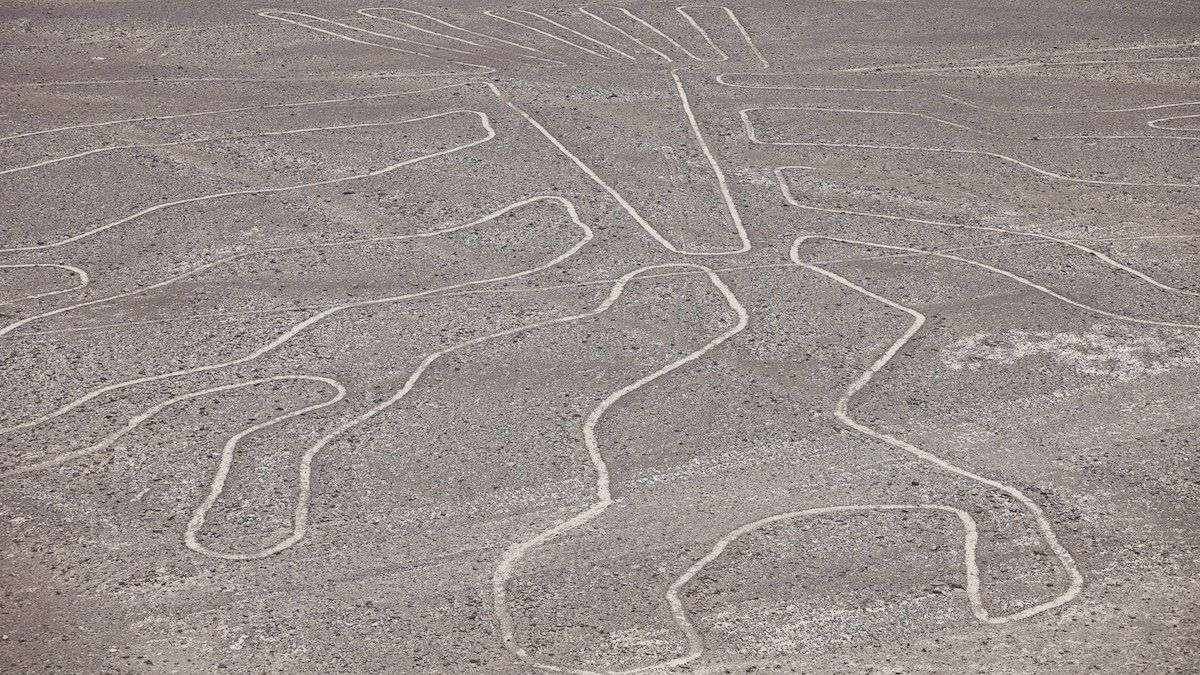303: Archaeologists have discovered 303 giant symbols carved into Peru’s Nazca Desert, thanks to artificial intelligence. The famous and mysterious Nazca geoglyphs are giant drawings in the ground, easily visible from high up — some are nearly 2,000 years old. The research team, led by Japan’s Yamagata University with help from IBM’s Watson Research Center, trained an AI model on existing geoglyphs to identify potentially undiscovered symbols.
11: AI companies are making money more quickly than previous waves of hyped-up software companies, according to a new data analysis from the payments company Stripe. It found that it took only 11 months for the top 100 highest-grossing privately held AI companies to make $1 million in annualized revenue as opposed to software-as-a-service companies in 2018, which took 15 months to hit that mark.
100: AI bots are now smart enough to solve 100% of those pesky traffic-image CAPTCHA — the ones put it in place to make sure you’re, you know, human. Thankfully, those images, known as Google’s ReCAPTCHA v2, are no longer industry standard. The newest version, reCAPTCHA v3, is an “invisible” test that tries to prove humanity based on how you interact with a given web page.
100,000: ByteDance reportedly has ordered 100,000 Ascend 910B chips from Huawei to aid the training of a new AI model. TikTok’s parent company also depends on Nvidia chips and Microsoft cloud services, but the new model will be mostly trained with chips from Huawei, a fellow Chinese tech giant. A ByteDance spokesperson refuted the report from Reuters, saying, “The entire premise here is wrong. No new model is being developed.”
70: Hurricane Helene has ravaged North Carolina, including a small town called Spruce Pine, which is home to 70% of the naturally occurring high-purity quartz. This kind of quartz is critical to the global semiconductor trade — used for crucibles, containers that can hold high-temperature materials, and other parts of chips themselves. The two companies there, Quartz Corp and Unimin, have temporarily halted operations — if they can’t get back up and running soon, delays could afflict the global chip supply chain.
